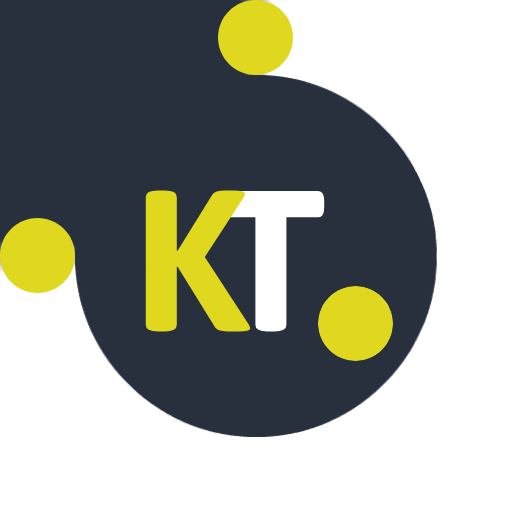Glossary of Terms
In the world of WordPress development and plugin creation, certain terms and jargon are commonly used. This glossary aims to provide clear definitions of key terms that will help you navigate your journey in developing and marketing your WordPress plugin. Familiarizing yourself with these terms can enhance your understanding and communication as you progress through the stages of your project.
A
- Affiliate Marketing: A performance-based marketing strategy where individuals or businesses earn a commission for promoting another company’s products or services.
B
- Beta Launch: A pre-release version of a product made available to a select group of users for testing and feedback before the official launch.
C
- Content Marketing: A marketing approach focused on creating and distributing valuable, relevant content to attract and engage a target audience.
- Competitor Analysis: The process of researching and evaluating competitors to understand their strengths, weaknesses, and strategies.
D
- Digital Product: A product that is delivered electronically, such as software, e-books, online courses, or digital assets.
E
- Email Marketing: A digital marketing strategy that involves sending targeted emails to potential and existing customers to promote products or services.
F
- Freemium Model: A pricing strategy where a product is offered for free, but additional features or services are available for purchase.
G
- Google Analytics: A web analytics service offered by Google that tracks and reports website traffic, helping developers understand user behavior.
H
- Hosting: A service that allows individuals or businesses to publish a website on the internet. Web hosts provide the infrastructure and technology needed to store and serve website content.
I
- MVP (Minimum Viable Product): The most basic version of a product that includes only the essential features necessary to satisfy early adopters and gather feedback for future development.
K
- Keywords: Words or phrases that users enter into search engines to find information. In SEO, identifying the right keywords is crucial for optimizing content and driving traffic.
L
- Landing Page: A standalone web page designed specifically for a marketing or advertising campaign, often focused on a single objective, such as capturing leads or promoting a product.
M
- Monetization: The process of generating revenue from a product or service. In the context of WordPress plugins, monetization can occur through sales, subscriptions, or advertisements.
O
- Outsourcing: The practice of hiring external individuals or companies to perform specific tasks or services, often to save time or access specialized skills.
P
- Plugin: A software component that adds specific features or functionalities to a WordPress website, enhancing its capabilities.
- SEO (Search Engine Optimization): The practice of optimizing a website to improve its visibility and ranking on search engine results pages, thereby driving organic traffic.
R
- Responsive Design: An approach to web design that ensures websites function well on a variety of devices and screen sizes, providing a consistent user experience.
S
- SaaS (Software as a Service): A software distribution model in which applications are hosted in the cloud and made available to users via the internet, typically through a subscription model.
- SMART Goals: Specific, Measurable, Achievable, Relevant, and Time-bound goals that provide clarity and direction in project planning and execution.
T
- Traffic: The number of visitors to a website, which can be analyzed to understand user engagement and behavior.
U
- User Experience (UX): The overall experience a user has when interacting with a product, website, or application, focusing on usability, accessibility, and satisfaction.
V
- Value Proposition: A statement that clearly explains how a product solves a problem or improves a situation for a target audience, highlighting its unique benefits.
W
- WordPress: An open-source content management system (CMS) that allows users to create, manage, and publish websites and blogs without extensive coding knowledge.
This glossary serves as a handy reference for key terms related to WordPress development and plugin creation. Understanding these terms will enhance your ability to communicate effectively, make informed decisions, and navigate the complexities of building a successful WordPress plugin. As you continue on your journey, refer back to this glossary whenever you encounter unfamiliar terminology, and keep expanding your knowledge in the ever-evolving world of WordPress!

